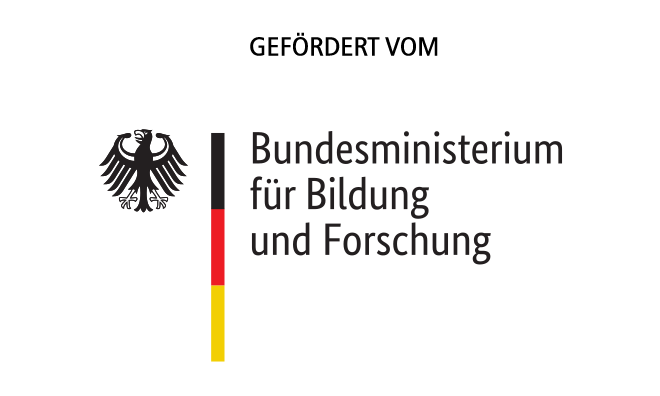For the first time, the National Symposium on Zoonoses Research took place as an international event. In cooperation with the 7th International Conference on emerging Zoonoses, the event offered more than 360 scientists from 34 nations a varied and exciting programme from 16th to 17th October.
Dr. Joachim Klein of the Federal Ministry of Education and Research (BMBF) welcomed the participants of the zoonoses symposium on behalf of the Federal Government and explained how important stable zoonoses research is for Germany. He emphasized the benefits of interdisciplinary cooperation across disciplinary and state borders in order to obtain new findings in an application-oriented way and to live and strengthen the "One Health" idea.
Ebola as a current challenge in zoonoses research
The current international spread of Ebola was an important thematic focus. Dr. Maximilian Gertler of Doctors without Borders vividly described the medical and social situation in West Africa on the basis of his own local experience. Dr. Fabian Leendertz (Robert Koch Institute), who was awarded this year's prize of the Academy for Animal Health during the zoonoses symposium, presented his research results from years of intensive pathogen and reservoir research in West Africa. His research trip in early summer 2014 brought him into contact with the Ebola outbreak. He went in search of the reservoir host in the village where the current outbreak started.
Diversity reflected in zoonoses research
Other zoonoses also received due attention: Dr. Nikos Vasilakis from the University of Texas sparked a lively expert discussion with his lecture on dengue fever. The presentation on the MERS coronavirus by Prof. Dr. Marion Koopmans from Erasmus University in Rotterdam highlighted in particular the importance of handling and commercial trade with the potential reservoir species dromedary. While Prof. Dr. Jörg Hacker from the Leopoldina focused on the broad diversity of global zoonotic pathogens and anthropozoonotic transmission in particular, Prof. Dr. Petra Dersch (Helmholtz Centre for Infection Research) focused in her presentation on the role of domestic pigs in the transmission of Yersinia enterocolitica.
In addition to the keynote speeches, more than 60 lectures were held and more than 200 posters were presented during the two days. The spectrum of research approaches ranged from epidemiological studies to molecular biological research, and the spectrum of pathogens examined ranged from locally occurring pathogens to internationally significant epidemics. Many of the papers presented were the product of collaboration between different disciplines and locations, with correspondingly comprehensive treatment of the respective topic. There were also lively discussions during the breaks, especially in connection with the posters presented.
Promotion of young scientists as an integral part of the symposium
As part of the promotion of young scientists, the second day began with the annual "Young Scientist Breakfast". During a joint breakfast, young scientists were able to discuss different career options with established international scientists.
At the end of the symposium, the winners of this year's Poster Award were honored: Annika Franke (1st place) and Hanan Sheik Ali (2nd place), both from the Friedrich-Loeffler-Institute, as well as Nicole de Buhr from TiHo Hannover and Lucas Radosa from Charité in Berlin (both with equal points in 3rd place).
General Assembly of the National Research Platform for Zoonoses
At the end of the 1st day the annual meeting of the members of the National Platform for Zoonoses Research took place. In addition to reports on workshops, research projects and other activities of the past fiscal year, the non-selected members of the Internal Advisory Board were newly elected, with the exception of the young scientists' representative already elected at the JSZM 2014 (Susanne Röhrs, Friedrich-Loeffler-Institut, Riems).



